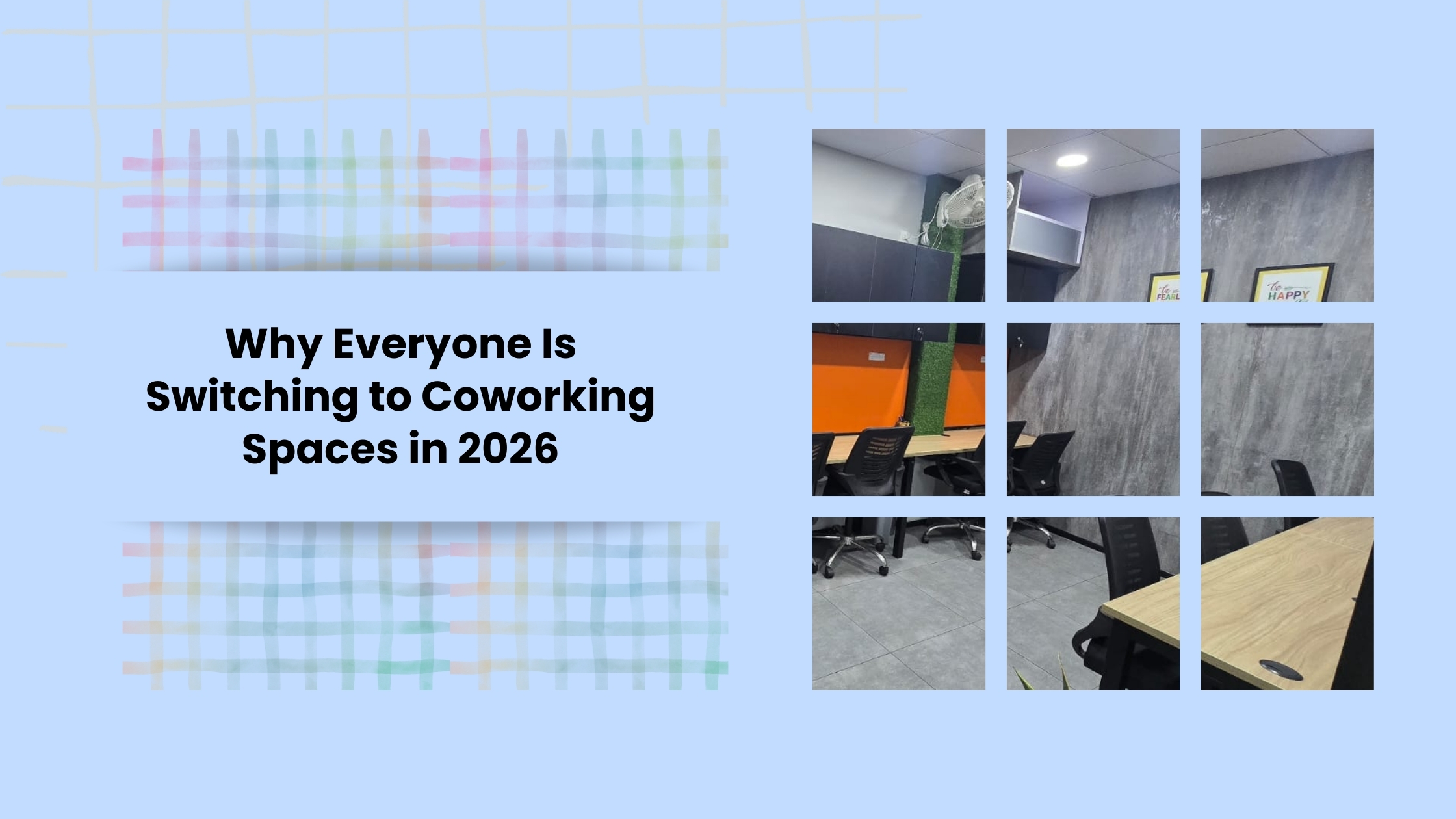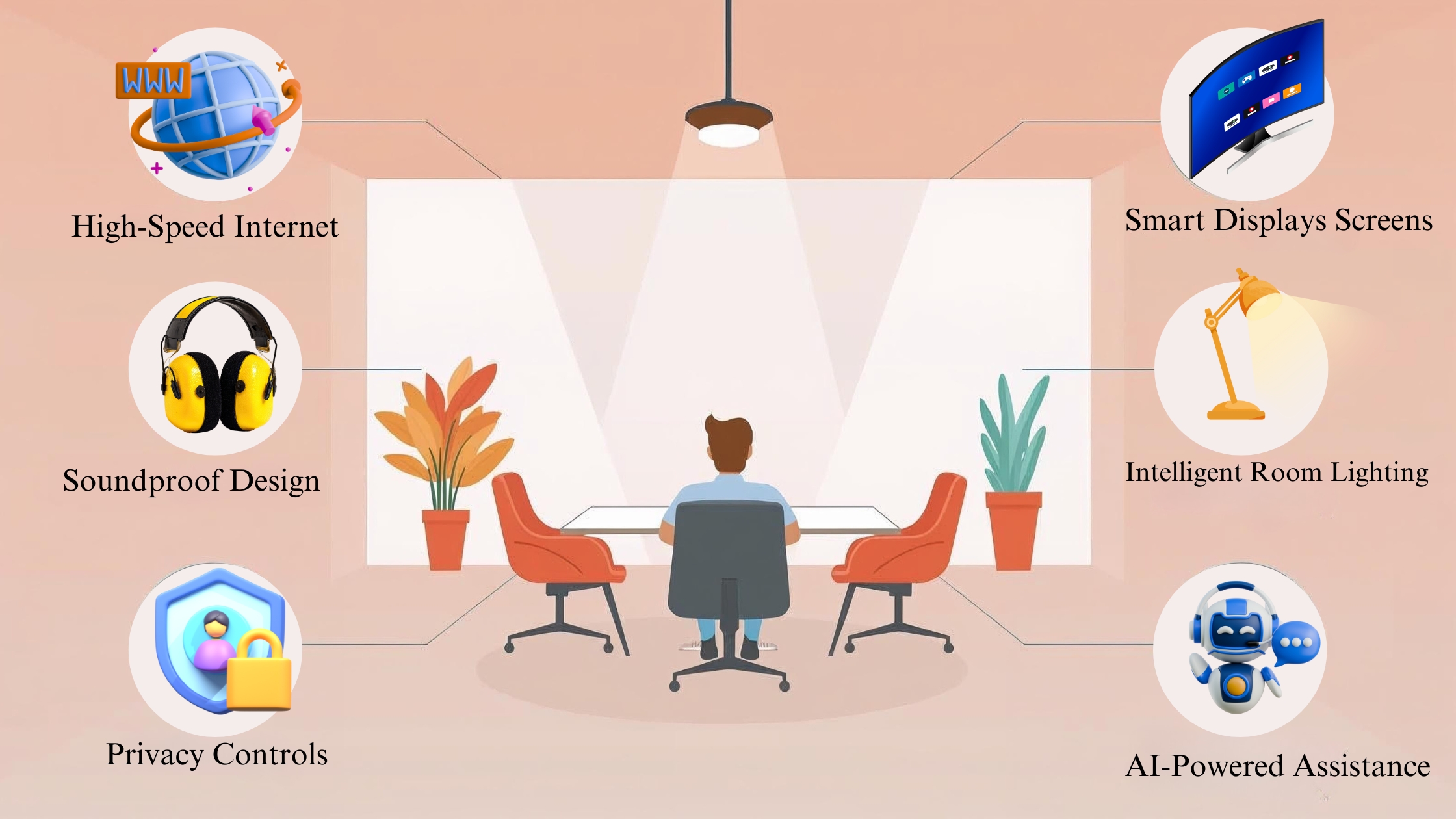-min.jpg)
Why Working from Home Isn’t All It’s Cracked Up to Be: Key Reasons to Think Twice
For many, working from home has converted from being a rare perk to a mainstream work model over the last few years. Remote work has turned out to be a dream setup as it provides better work balance, flexibility and better work-life balance.
It provides several benefits that we cannot deny. We should take a closer look at the other side of the coin. For some people working from home is a challenge that affects mental health, and productivity and also curbs career growth. Hence, working from home is not a feasible solution, so you should think twice before working.
1. The boundaries between life and work is not clear
The prime disadvantage of remote work is it creates a boundary between personal and professional life. You cannot easily switch off from work when your home becomes an office. When you receive mails at 10 p.m., you skip your lunch or you may feel guilty for leaving your desk.
You cannot decide when you want to start or leave work due to constant accessibility. It can lead to workouts. As work and rest are inseparable it can lead to deterioration between personal and productivity.
2. Loneliness and Isolation
The long-term results of isolation cannot be denied, although small takes that take place in the office can be prevented. Offices are merely not workplaces as they create a social environment where casual interactions and idea-sharing lead to innovation.
People who work remotely usually mess up such touchpoints. Due to isolation, they feel disconnected, lonely from the team and even depressed. People who work remotely usually mess up such touchpoints. Due to isolation, they feel disconnected, lonely from the team and even depressed. People who are extroverts often feel a lack of human interactions.
3. Career Visibility is limited and growth
The reality of remote work often reflects the statement, ‘Out of sight’ and ‘Out of mind’. When the picture of career advancement and promotions comes in. the full-time remote workers struggle to find key projects and do not become leaders as they are not visible.
People who are present in the office can build more networking opportunities and experience mentorship moments along with brainstorming sessions.
4. Misunderstanding and communication gaps
Communication becomes complex when you are not in the same physical space. In emails or chat messages, important options may be misinterpreted and some important updates may be missed. You can build rapport without face-to-face interaction.
While using Teams, Slack, and Zoom has helped in bridging the gap, virtual communication does not have nuance and immediacy or in-personal exchanges. Disconnection, delays, or lack of alignment delays, or lack of alignment of time zone stops unification and decision- making.
5. Lack of proper work setup
Everybody does not have a dedicated home office or premium furniture. When you are working from a bed, kitchen table, or couch table, it causes physical discomfort and also long-term health problems such as neck and back pain.
These offices are designed considering the factors of comfort and productivity such as adjustable chairs, proper lighting and multiple monitors to lead to efficiency. You should spend more to establish your setup, which is not viable for everyone.
6. Productivity Challenges and Home Distraction
You may feel great to work in a quiet and controlled environment. The home is full of distractions to divert focus as you should face pets and kids.
You need a high level of self-motivation, a routine for staying on track, and organization. Such qualities can sustain consistency.
7. Security Risks and technical hiccups
A stable internet connection is a necessity for remote work and proper access to company resources. For glitches such as slow Wi-Fi, or power outage, you can schedule your entire workday.
You are exposed to cyber security risk when you are not using a secure network or anti-virus software when employees are working from remote locations; companies strive to protect sensitive data.
Conclusion
People working from home can have their own rewards. Yet it cannot provide a universal solution. They experience challenges from isolation to career stagnation, which can be vital. Many people prefer the physical hybrid model that provides the benefit of remote work yet social benefits also.
You should consider factors such as lifestyles, personality and career goals, before you decide if you want to work remotely full-time.


.jpg)

